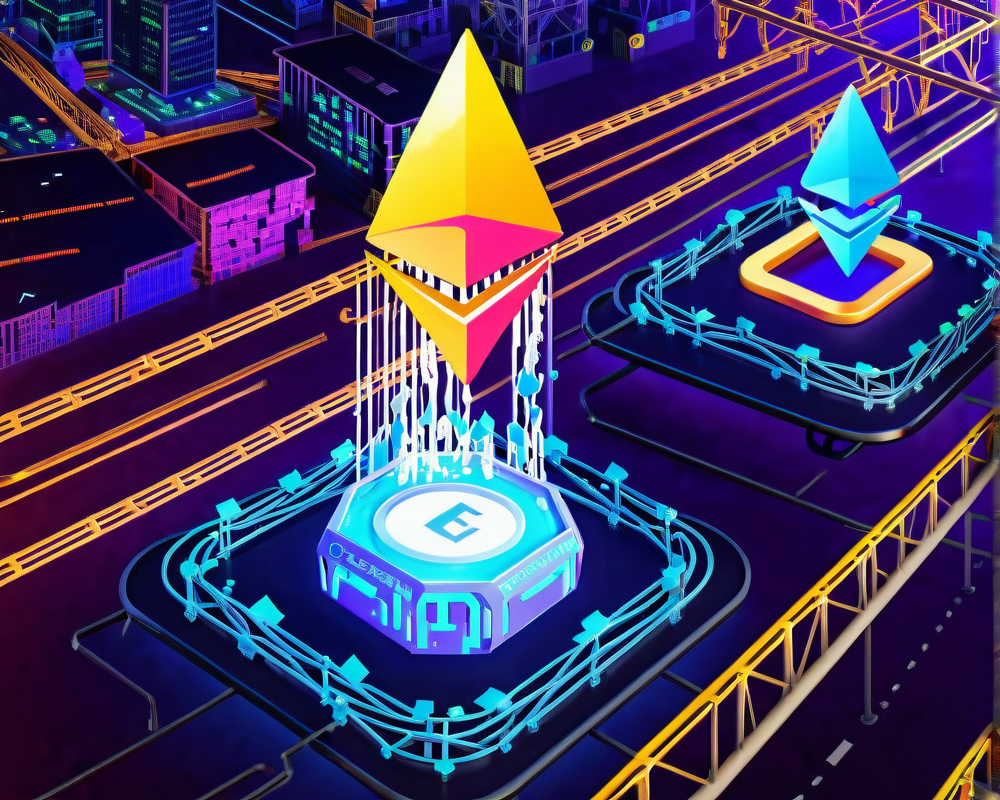Ethereum’s Stability vs. Escalating Gas Fees
While Ether’s price has been hanging around the $1,800 mark like it pays rent, users have been getting hit with gas fees that feel more like a toll booth on a deserted road. Since last summer, as DeFi exploded like popcorn in the microwave, average transaction fees have more than doubled. Talk about a double whammy!
Current Transaction Fee Trends
If we thought spending $39.49 on a coffee was steep, try facilitating a transaction on Ethereum. That’s what some users encountered on February 23. By March 20, the fees settled at a more ‘affordable’ $16. Don’t worry, it’s still plenty for those wishing to send a few bucks to a friend.
- February 23: Transaction fee peak at $39.49
- March 20: Average fee drops to $16
Unfortunately, with non-fungible tokens (NFTs) gaining popularity—and who knew cat pictures could sell for so much?—transaction costs are likely to keep soaring.
A Network in Distress?
As the Ethereum network grapples with rising fees and congestion, experts are weighing in. Jay Hao, the CEO of a cryptocurrency exchange, argues that Ethereum is at a critical juncture. It’s got the largest developer community and decentralized applications, but without action, competitors offering lower fees are ready to swoop in like hawks scouting for prey.
Will the Berlin Upgrade Be the Savior?
Mark your calendars for April 14, folks! That’s when the “Berlin” upgrade rolls out, promising to implement several Ethereum Improvement Proposals (EIPs). These EIPs are like a toolbox aimed at enhancing efficiency, but will they actually lower fees?
- EIP-2565: Slashing costs for the ModExp precompile.
- EIP-2929: Cooling costs for certain transactions—kidding! It increases them!
- EIP-2718: Introducing a new transaction module.
- EIP-2930: Adding a transaction type with optional lists.
Cointelegraph’s convo with Maxim Blagov, a big cheese at a gaming blockchain company, points toward the need for deeper structural changes to meet user expectations. Spoiler: newcomers might still be disappointed by not finding free transactions.
Future Upgrades: What Lies Ahead?
Alongside Berlin, the much-anticipated EIP-1559 is set to go live in July. Will this be the knight in shining armor? It aims to redirect gas fees to the network itself (mines will take a hit, though) and burn portions of ETH, potentially leveling out availability. However, some miners are crying foul at a proposed 50% reward reduction—squeezing their wallets could lead to a raucous rebellion.
As Ethereum’s infrastructure gears up for some revolutionary changes, we’re all left wondering if these upgrades will be enough to fix the gas gushing and congestion chaos, or if we’ll be stuck paying for the privilege of riding the Ethereum express for a while longer.




